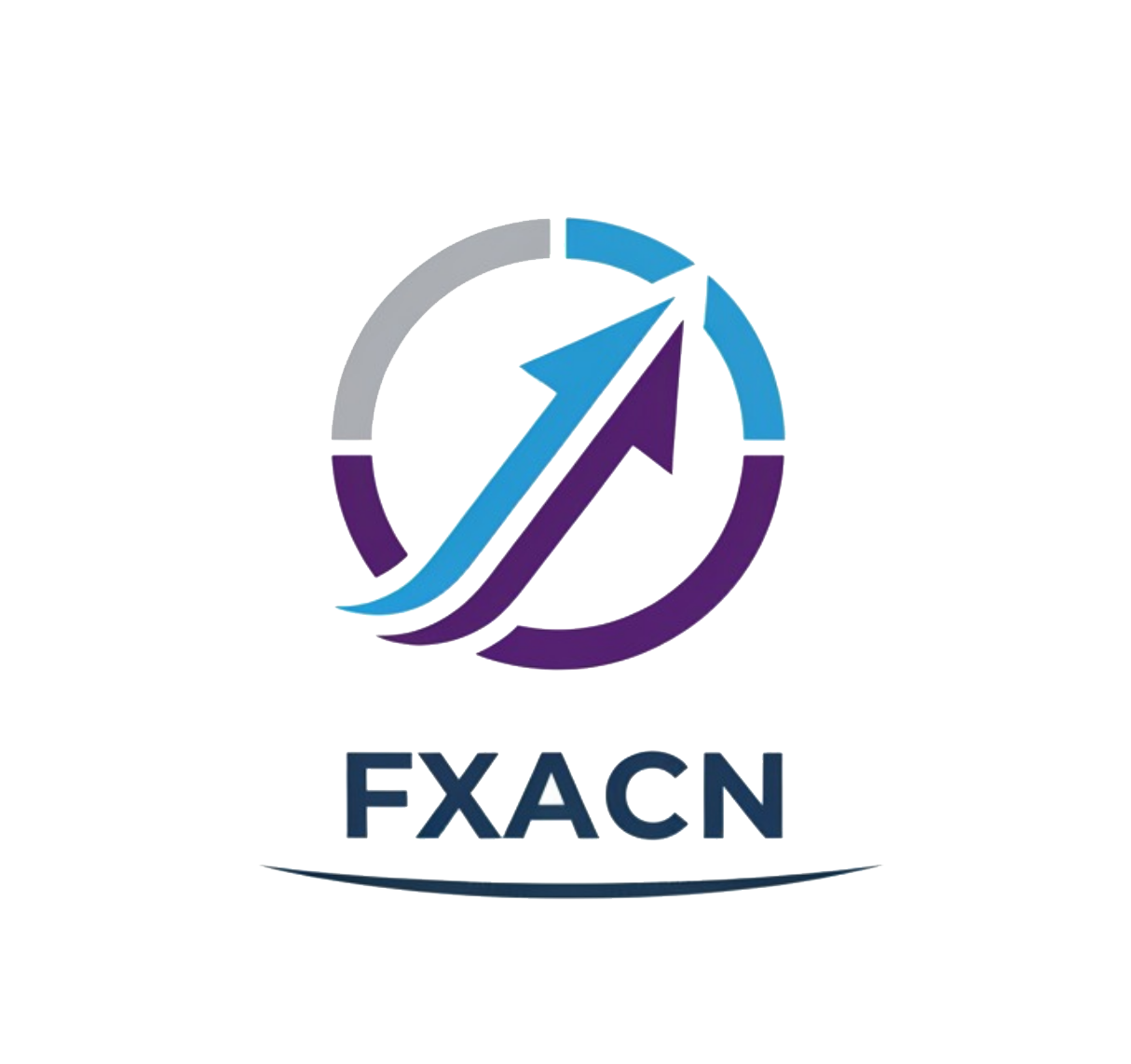Introduction
Fibo Group, established in 1998, has positioned itself as a notable player in the foreign exchange (forex) market, offering a variety of trading platforms and services to clients worldwide. It is essential for traders to exercise caution and conduct thorough evaluations before engaging with any forex broker due to the inherent risks associated with trading and the potential for fraud in the industry. In this article, we will utilize a structured approach to assess whether Fibo Group is indeed safe or if there are reasons to consider it a scam. Our investigation is based on a comprehensive review of regulatory framework, company background, trading conditions, client experiences, and risk assessment.
Regulation and Legitimacy
Regulation plays a crucial role in online trading, as it governs the operations of brokers and provides a safety net for traders’ funds. Fibo Group operates under multiple regulatory bodies, which lends credibility to its operations. Key regulatory details include:
| Regulator | License Number | Region | Verification Status |
|---|---|---|---|
| Cyprus Securities and Exchange Commission (CySEC) | 118/10 | Cyprus | Valid |
| British Virgin Islands Financial Services Commission (BVI FSC) | SIBA/L/13/1063 | British Virgin Islands | Valid |
| Bundesanstalt für Finanzdienstleistungsaufsicht (BaFin) | Not Applicable | Germany | Valid |
Fibo Group possesses a valid license from CySEC, a reputable authority in the European Union, and from the BVI FSC, which, although considered less stringent, enforces requirements such as maintaining segregated accounts for clients. This level of regulatory oversight reinforces the broker’s commitment to transparency and adherence to legal compliance. With CySEC’s regulation, Fibo Group is mandated to provide certain protections, including the segregation of funds and negative balance protection for EU clients. However, traders utilizing the BVI entity will not benefit from the investor compensation fund, reflecting a concern for those operating under lower-tier regulations.
Company Background Investigation
Fibo Group, founded in 1998, has a long history in the financial services industry. Over the years, it has evolved from an investment consulting firm to a full-fledged brokerage offering trading in multiple asset classes including forex, commodities, and cryptocurrencies. Fibo Group has established a presence in several jurisdictions, with offices in regions such as Cyprus, Austria, Germany, and Kazakhstan.
The management team consists of experienced professionals with backgrounds in finance and trading. This leadership contributes to the company’s strategic approach to service delivery and compliance. Fibo Group’s commitment to operational transparency is reflected in its regular updates on trading statistics and account details shared through its platforms.
Despite its strong background, potential traders should consider Fibo Group’s limited educational resources and lack of significant media coverage, which may indicate a gap in brand awareness compared to its competitors. Nevertheless, the shared information on its official website and effective management indicate a broker with a serious commitment to client service and operational integrity.
Trading Conditions Analysis
Fibo Group’s pricing structure encompasses various fees, essential to evaluate for potential traders. The broker offers comparative spreads and commissions, crucial for both beginners and seasoned traders. A detailed look at core trading costs reveals that some charges may be higher than industry averages, raising concerns over potential hidden fees.
| Fee Type | Fibo Group | Industry Average |
|---|---|---|
| Major Currency Pairs Spread | From 0.2 pips | From 0.1 pips |
| Commission Model | $6 per lot (NDD) | $5 per lot |
| Overnight Interest Range | Varies by asset | Varies widely |
The spreads offered by Fibo Group, while appealing, come with commissions on certain accounts which may not be as competitive when compared to industry benchmarks. Furthermore, the broker’s outlined withdrawal fees start from $35-$50 for bank transfers, which is notably higher than many peers. These costs could potentially diminish profit margins particularly for high-frequency traders, and it is vital to disclose these to clients upfront.
Client Fund Safety
The security of client funds is a primary concern for traders when selecting a broker. Fibo Group implements strict measures to safeguard client capital, ensuring funds are kept in segregated accounts as per regulatory requirements. This practice mitigates risks associated with operational insolvency. The firm also employs SSL encryption technology to protect personal information and trading data.
Fibo Group’s negative balance protection applies to certain accounts, ensuring clients cannot lose more than their investments. It is critical for potential clients to understand that this protection may not extend uniformly across all account types, especially for those trading under the BVI entity. Previous instances of withdrawal freezes and issues surrounding fund access have been reported, which may raise red flags about the practical efficacy of these safety measures.
Customer Experience and Complaints
Analyzing client feedback reveals a mixed bag of experiences. While some users have praised Fibo Group for its fast execution and user-friendly platforms, complaints about delayed responses from customer service and withdrawal issues persist. Patterns of dissatisfaction often revolve around:
| Complaint Type | Severity | Company Response |
|---|---|---|
| Withdrawal Delays | High | Slow and unresponsive |
| Poor Customer Service | Medium | Fairly responsive |
| Platform Stability Issues | Medium | Inconsistently addressed |
For example, a trader reported difficulties in withdrawing profits due to unexplained freezes on their account, which left them questioning the broker’s clarity and client respect. The companies’ response to such claims has sometimes lacked clarity, potentially damaging their reputation. These documented experiences should encourage potential users to remain vigilant and conduct thorough due diligence.
Platform and Execution
Fibo Group offers several platforms, including MetaTrader 4, MetaTrader 5, and cTrader. Each platform promises a seamless trading experience, yet traders have noted issues regarding platform reliability, including slow response times during peak trading hours. Order execution quality generally rates positively among users, though reports of slippage and re-quotes have emerged, particularly in volatile market conditions.
Ensuring robust performance across all platforms is critical; incidents suggesting manipulative practices warrant scrutiny. Traders should comprehensively assess their performance using demo accounts before committing significant capital.
Risk Assessment
Engaging with Fibo Group presents several risks that traders must weigh carefully. The potential pitfalls include high leverage, which can amplify losses as easily as profits, and the presence of hidden fees that can eat into margins.
| Risk Category | Risk Level (Low/Medium/High) | Brief Explanation |
|---|---|---|
| Leverage Use | High | Can lead to significant losses quickly |
| Withdrawal Issues | Medium | Concerns about access to funds during crises |
| Regulatory Oversight | Medium | Varies by the trading entity (BVI vs. EU) |
Traders can mitigate risks by educating themselves regarding management strategies and using lower leverage options. Additionally, they should prioritize withdrawing profits periodically to protect their capital.
Conclusion and Recommendations
In conclusion, Fibo Group is a broker with a long-standing presence in the forex market and a generally reputable operational background. While its regulatory framework provides essential protections, potential clients must remain cautious regarding withdrawal processes and hidden fees. Trader experiences have yielded mixed reviews, highlighting the importance of conducting personal assessments and using demo accounts before investing real funds.
Traders should always be aware of the risks associated with using high-leverage accounts and ensure they understand all fees involved. For those apprehensive about lighter regulation in certain regions, consider opting for brokers with stricter regulatory oversight and consistent positive feedback from the trading community. Alternative brokers worth considering include IG, OANDA, and XTB, which consistently score highly in reliability and customer service.
In sum, while Fibo Group may not be a scam, there are various aspects that require thoughtful consideration and vigilance when engaging with this broker.


